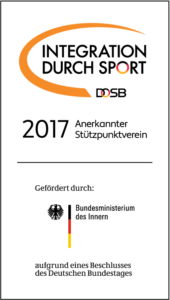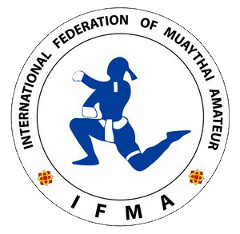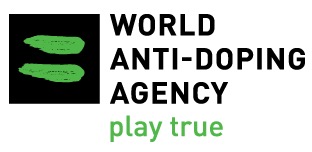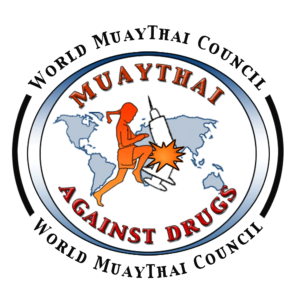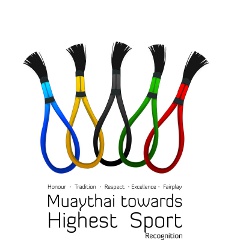DEQ delivers short-term activity services (STAAS) for instream activities such as bridge repairs or stream shoreline stabilization, which have a temporary impact on water quality standards. The Enforcement Branch describes corrective actions, sets timelines for corrective actions and civil penalties, and monitors non-compliance by the state. The institution also oversees the DEQ`s sanitation license program. Employees travel across the state to test and license municipal and industrial wastewater treatment plant operators. Compliance conducts compliance inspections at municipal wastewater treatment plants, construction sites, industrial real estate, animal treatment facilities, and oil and gas drilling sites. Inspectors regularly investigate public complaints, whether they are responding to spills at industrial sites or investigating fish slaughters. Each of the four branches of the Water Quality Board – compliance, enforcement, permits and Water Quality Planning – has different missions. But they all share the common goal of protecting and improving Arkansas` waterways. The Permits branch issues a number of individual and general permissions. Permits not only set limit values for pollution, but also set reporting and other requirements, all focused on preserving water quality. Wastewater, construction, rainwater and pre-treatment are managed through the DEQ`s NPDES authorization program. Terrestrial applications, septic systems and liquid animal waste systems are managed by the no discharge program.
Most NPDES general authorisations and general non-discharge authorisations can be completed and submitted online via the DEQ ePortal website. Water Quality Planning Branch develops water quality standards for waterways and closely monitors surface water and groundwater throughout the state. Surface water quality standards are tailored to the state`s six ecoregions. Water monitoring activities include assessments of chemical, biological and physical habitats. In addition, Planning produces the Integrated Water Quality Assessment Report every two years, also known as the 305(b) Report. The development of this report, the 303(d) list of damaged water and the maximum daily load (TMDLs) is required under the Federal Drinking Water Act. A TMDL determines the maximum amount of pollutants a water can absorb while meeting water quality standards and specified uses. As of December 21, 2016, Arkansas National Pollutant Discharge Elimination System (NPDES) permittees must submit Introduction Monitoring Reports (MRDs) electronically with the web-based NetDMR tool. Permittees can complete reports specific to their authorisation limits and transmit them to the EPO via a secure Internet application. The DEQ ePortal system offers all the conveniences of online filing and allows you to track the progress of your submission. Water Board staff execute a Water Quality Management Plan (WQMP) in accordance with section 208 of the Clean Water Act. The WQMP is an inventory of point source chargers, authorization limits, and other information.
DeQs OWQ has prepared a draft CPP and a draft implementation methodology for 2020 for anti-degradation and will offer it for review and commentation by selected interest groups. A number of stakeholder meetings are scheduled for June and July 2020. The public is invited to listen to stakeholder meetings and provide written comments, but participation is limited to designated stakeholder representatives….

